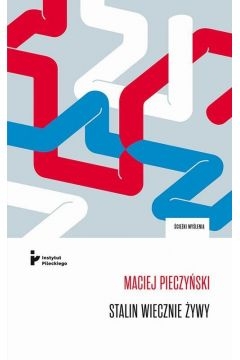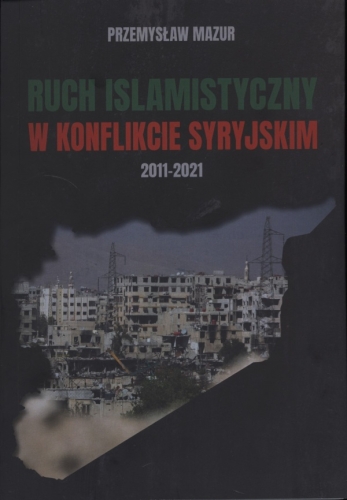
Promoting Changes in Times of Transition and Crisis: Reflection on Human Rights Education
ed. Krzysztof Mazur, ed. Piotr Musiewicz, ed. Bogdan Szlachta
Stron: 540
Dział: politologia
ISBN: 9788376383651
Wydanie drukowane |
|
|---|---|
|
Najniższa cena z ostatnich 30 dni: 9,00 zł
Pozycja dostępna
|
This book presents a unique collection of the most relevant perspectives in contemporary human rights education. Different intellectual, legal, political and philosophical traditions and views are brought together to explore some of the issues challenging standard justification. Widely accessible also to non experts, contributors aim at opening new perspective on the state of the art of education of human rights. [...] This valuable volume of essays, which focuses on the promoting changes in times of transition and crisis, makes it clear that such problems need constant surveillance done by participants of the multiform assemblies, representing the variety of background: academia, government, nongovernment organistations as well as many young and upcoming human rights practitioners.
From the book review
Professor Bogusława Bednarczyk
Problems related, on the one hand, with the relationship of legal norms and entitlements, and, on the other hand, with the strengthening of entitlements – still cause much debate, as evidenced by the papers presented to the Readers within this volume. These are texts that touch upon the issues of fairness of the established law and direct attention to human rights (those upheld and those violated) - which, in any case, are a major point of reference, and even have the power to bind the will of the governing bodies that create legal norms, thereby limiting their arbitrariness. These texts are the fruits of a very interesting meeting held during the Third “Human Rights Education” Congress, which took place in December 2012 in Europe (after the congresses in Australia and Africa), in Krakow, Poland (at the oldest Polish university) and in Auschwitz, Poland – where the most notorious Nazi German concentration and death camp was located during World War II.
From the Introduction
Professor Bogdan Szlachta












ed. Krzysztof Mazur, ed. Piotr Musiewicz, ed. Bogdan Szlachta
Księgarnia Akademicka, 2013
Dział: politologia
Stron: 540
ISBN: 9788376383651